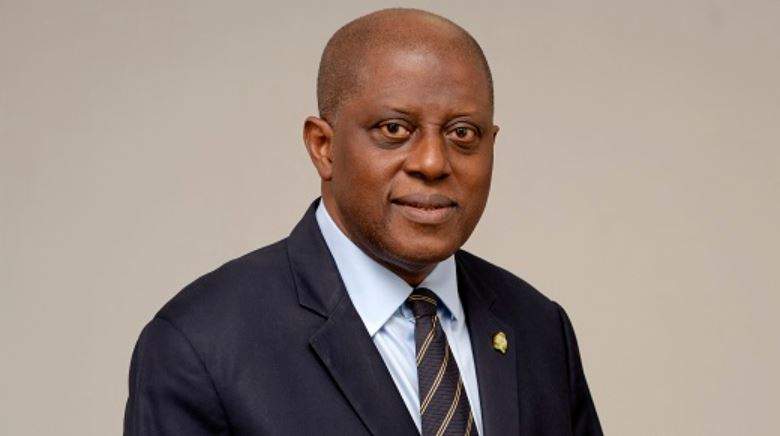Since taking office in October 2023, Central Bank of Nigeria Governor, Olayemi Cardoso, has been implementing various reforms to stabilize the economy and combat rising inflation. At a recent event in Lagos, Cardoso outlined his plans to boost investor confidence, attract capital inflows, and enhance external reserves.
One of the key issues Cardoso addressed was the backlog of foreign exchange demands, which had reached over $7 billion, leading to disruptions in operations for companies like Emirate Airlines. However, as of January, the CBN had cleared $2 billion of the backlog and paid out $61.64 million to foreign airlines.
In a recent investor call, Cardoso announced that the CBN had cleared verified forex backlogs in all banks except five, signaling progress in restoring investor confidence and stabilizing the forex market. The naira, which had weakened significantly, has since recovered and strengthened.
Under Cardoso’s leadership, there has been a harmonization of fiscal and monetary policies, reducing policy inconsistencies and promoting transparency. The recent Monetary Policy Meeting, which included key stakeholders, resulted in a significant increase in the benchmark interest rate and other measures to tighten monetary policy.
While the interest rate hike may impact borrowing costs and economic growth in the short term, it is aimed at curbing inflation and stabilizing the naira. Various industry experts have commended the CBN’s efforts to address inflationary pressures and ensure sustainable economic growth.
Analysts predict that the rate hike will have positive effects on bonds and the FX market, potentially leading to naira appreciation and improved liquidity. Despite challenges, Cardoso’s policies aim to strengthen the local currency and reduce inflation, with recent measures such as restricting international money transfers to naira payments only.
Additionally, the CBN’s collaboration with the EFCC to crackdown on speculators and money launderers demonstrates a commitment to maintaining stability in the financial sector. Overall, Cardoso’s reforms are geared towards creating a more resilient and stable economic environment in Nigeria.
